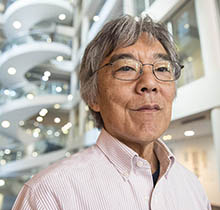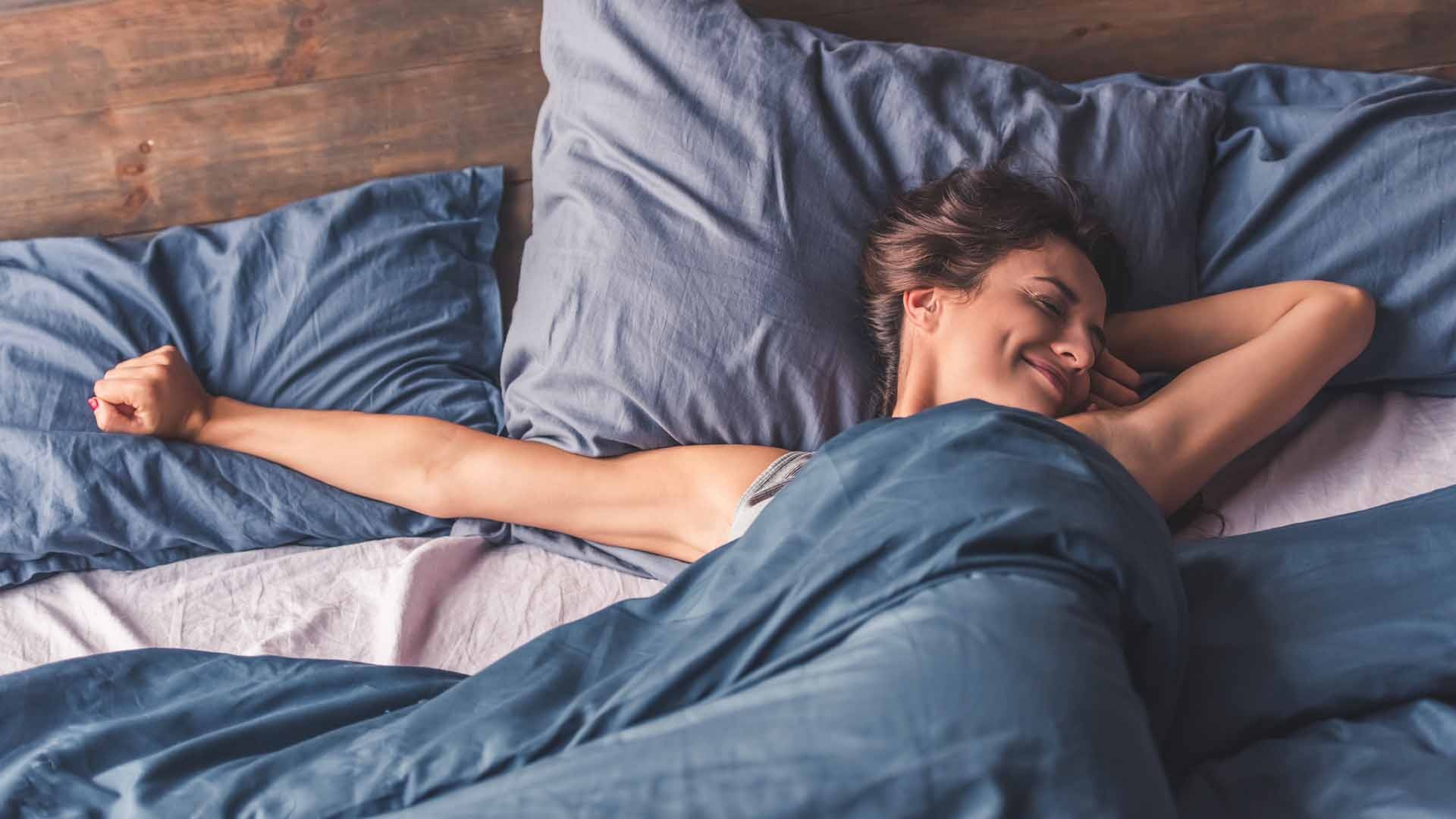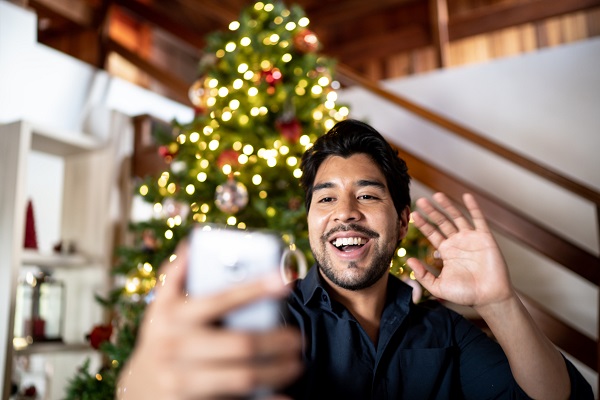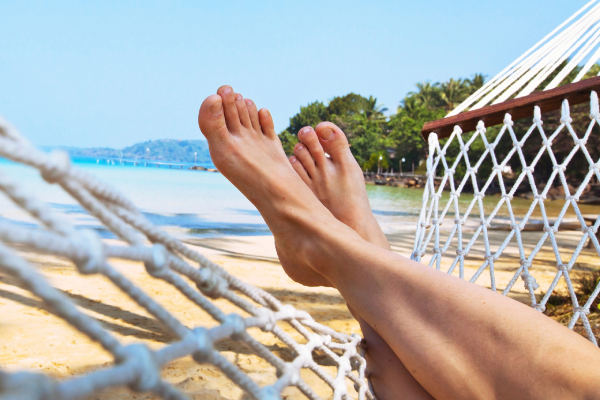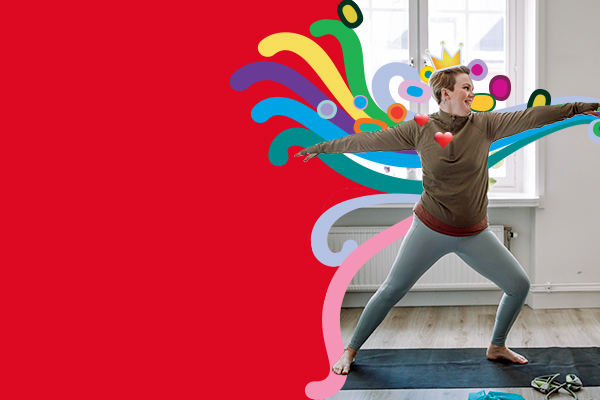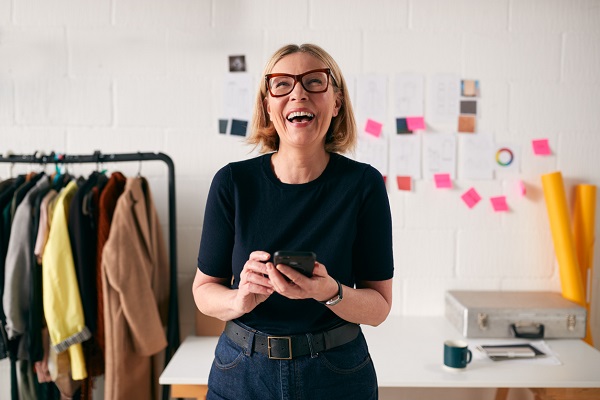-
Noise is like radiation or ultraviolet light. A little might not hurt, but over time damage accumulates, and that's what's damaging our ears.
It is estimated that 1 in 6 Australians currently have hearing loss, and 7 out of 10 people over 70 years of age experience severe hearing loss.
Symptoms of hearing loss (including ringing in the ears, or severe loudness distortion) go far beyond a loss in hearing sensitivity. It also makes it difficult to comprehend sound, which often leads to communication issues and social isolation.
The Hearing Research Program at the Garvan Institute of Medical Research has shown that when the brain is no longer receiving good stimulation, it alters its expectations and rewires itself. Some of the space it previously dedicated to hearing begins to be used for other functions.
"Hearing loss can make it difficult to comprehend sound, which often leads to communication issues and social isolation."
We have to ‘use it or lose it’
If you notice signs of hearing loss, you should see a hearing specialist as early as possible to prevent further, irreversible damage.
The technologies available for combating hearing loss – hearing aids and cochlear implants – address damage to the ear but not the consequent changes in the brain. That’s why they do not work as well in noisy environments.
The research Garvan’s program has three major research hearing projects underway:
1. Studies into the effects of hearing loss that’s worse in one ear than the other on the brain’s structure and function, and the consequences of using assistive devices.
2. How hearing loss affects biological feedback circuits that regulate the sensitivity of the ear.
3. The effects that hearing aids have on delaying or stopping progressive hearing loss if treatment starts early.
My team is especially interested in exploring ways to preserve and restore hearing. By understanding more about how hearing loss causes the brain to change, we hope to gain insight into how the brain might play a role in restoring hearing loss.
Additionally, our research could reduce the social isolation that hearing loss imposes by improving hearing, and slow or even prevent of the onset of dementia.
How to protect your hearing
The best thing to do is look after your hearing now. This means minimising your exposure to elements that harm hearing, such as environmental noise (trucks, motorcycles, power tools, domestic appliances such as hairdryers, concerts, loud music and loud venues), chemicals (drugs and solvents), viruses and head trauma.
Try to get in the habit of taking small steps to protect your hearing. For example:
• Carry earplugs in your pocket to use in noisy environments.
• Cover your ears if an ambulance passes by or to muffle sound effects in the cinema.
• Be careful when attending live concerts.
Find out more about The Garvan Institute's research and how you can help.
The best way to prevent hearing loss
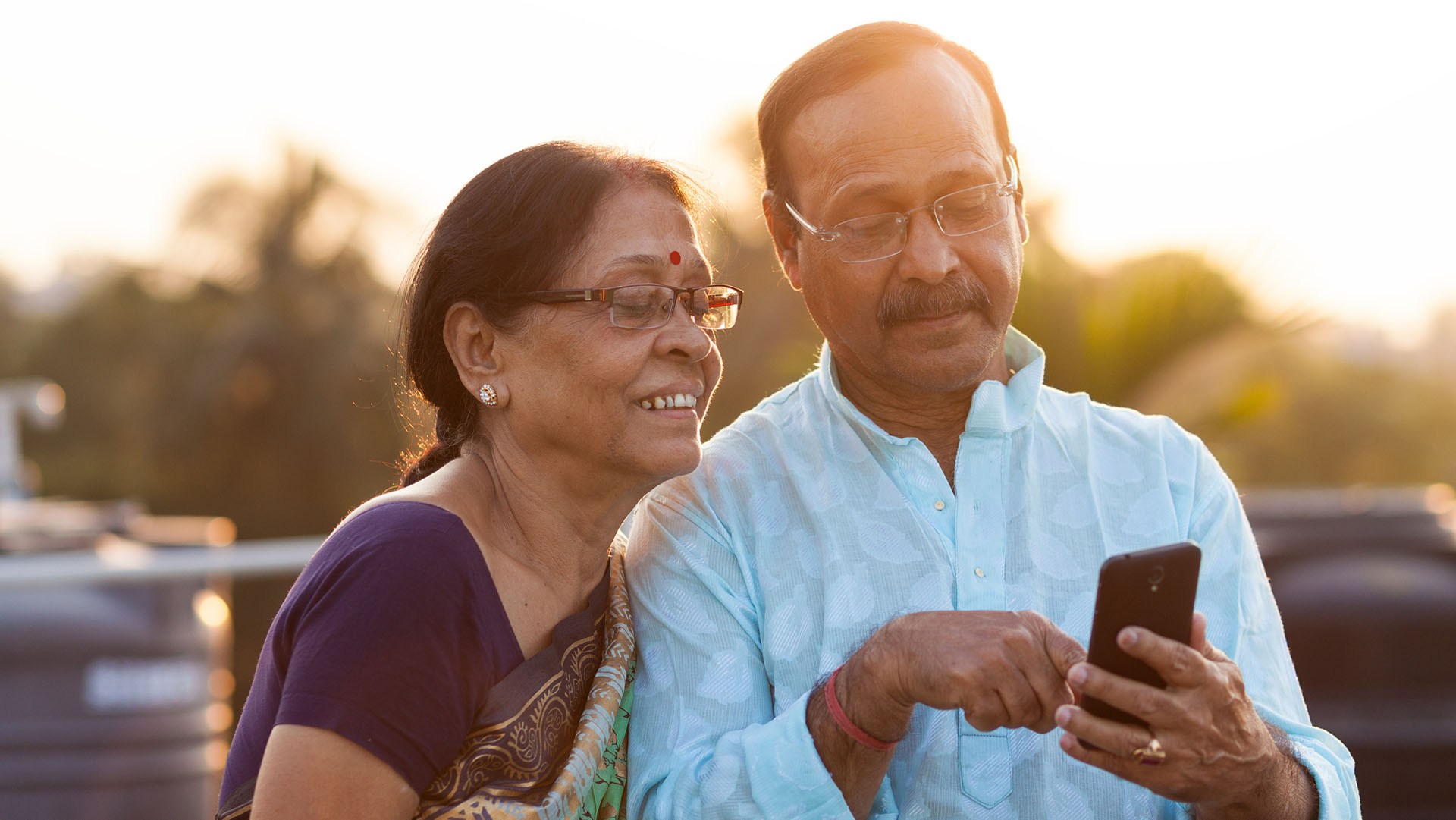
-
How to set up your bedroom for better sleep
The sleep experts share some secrets.
-
5 healthy habits (and how to keep them)
New Year's resolutions are easy to make and hard to keep. Discover how to make healthy habits for 2024.
-
How to feel more connected this festive season
Feeling stressed or lonely this festive season?
-
Life’s a beach
If you want to take it easy at the beach, start by making the trip easier on yourself. Cameron Williams reveals the discoveries that made his time at the beach more enjoyable.
-
Learn how small bursts of movement can have a positive impact on employee wellbeing
-
How to do a digital detox
Reduce screen time with a digital detox, and improve your mental health and wellbeing.
Subscribe to receive the best from Live Better every week. Healthy recipes, exercise tips and activities, offers and promotions – everything to help you eat, move and feel better.
By clicking sign up I understand and agree to Medibank's privacy policy
